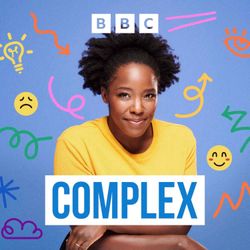Share
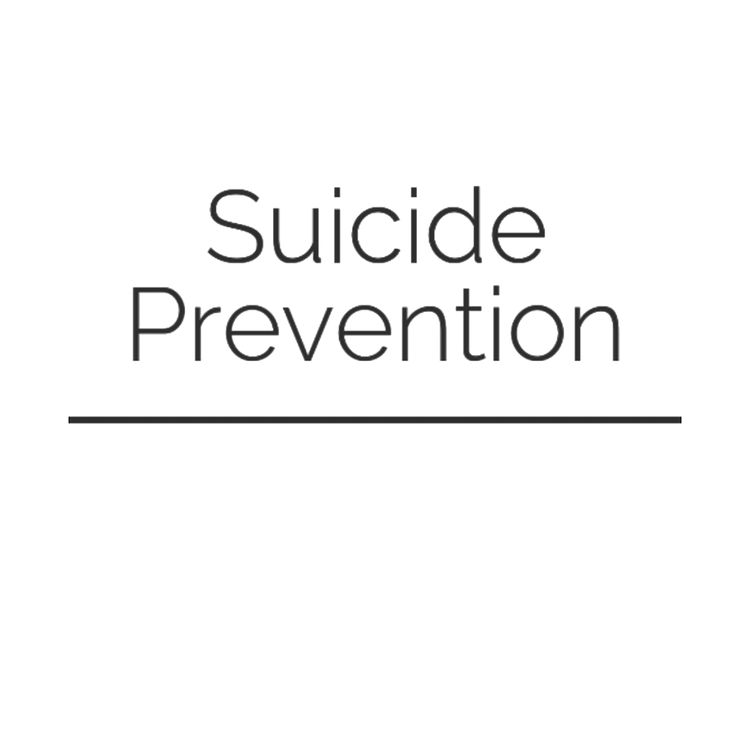
Stronger Minds
25. Suicide Prevention with Dr. Sarah Vohra
This episode is an urgent response to some very sad recent news about two high-profile individuals taking their own lives and some very worrying statistics. In the same week as the deaths of designer Kate Spade and chef and TV presenter Anthony Bourdain, a report was published in the UK showing that teen suicides are on the rise and have increased by 107% in London in the last 5 years, which is four times the national average. Recent research from the CDC showed that since 1999 the suicide rate in the US grew by more than 25%. Last week the funeral was held for Tim Bergling, also known as Avicii, who is also believed to have taken his own life.
So, in this episode, I have teamed up with a colleague to help offer some support for people struggling with thoughts of self-harm or suicide or anyone worried about a loved one. Dr Sarah Vohra (@themindmedic) is a Child Psychiatrist, Columnist and Bestselling Author of Mental Health in Children and Young People and we discuss how to identify depression and suicide risk in yourself, children and adults. We offer strategies on how to intervene during the early stages of depression before it reaches crisis point but also describe what the priorities are if you believe someone is at imminent risk of self-harm or suicide. Crucially, we offer practical tips on how to have the very difficult but incredibly important conversation, how to ask someone if they are having thoughts of taking their own lives. We talk about what happens after an attempt and provide resources for people bereaved by suicide.
This was a heavy conversation even for us and we understand that these issues are very difficult to think about, talk about and listen to. So please, if you are concerned about yourself or someone else right now, do call emergency services immediately. This episode is for information only and should not be taken as diagnosis or treatment. It does not replace contact with a health professional. If you are feeling particularly fragile it may be best for you not to listen to this episode but to reach out to a friend or one of the resources that I have attached to the show notes that can be found on my website www.kimberleywilson.co/podcast.
More episodes
View all episodes
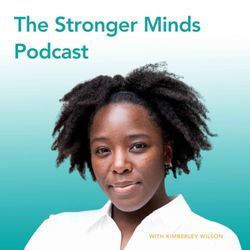
175. Nutritional Interventions for Depression - New Guide!
06:10|Introducing my brand new evidence-based guide on nutritional interventions for depression.Listeners get £2 off until December 1st 2025. Click here.___SubstackCorporate Speaking How to Build a Healthy Brain* Unprocessed: What Your Diet is Doing to Your Brain* Original music by Juan Iglesias *Affiliate links The information shared on this podcast is for educational and informational purposes only and is not a substitute for professional medical advice, diagnosis, or treatment. Always seek the advice of a qualified health provider with any questions you may have regarding a medical condition or treatment. Never disregard professional medical advice or delay in seeking it because of something you heard on this podcast. Reliance on any information provided here is solely at your own risk. Remember, your health is unique to you, so consult your healthcare provider for guidance tailored to your personal needs.
174. Alexithymia
18:47|How not having words for your feelings affects your physical and mental health - and what you can do about it. ___SubstackCorporate Speaking How to Build a Healthy Brain* Unprocessed: What Your Diet is Doing to Your Brain* Original music by Juan Iglesias *Affiliate links The information shared on this podcast is for educational and informational purposes only and is not a substitute for professional medical advice, diagnosis, or treatment. Always seek the advice of a qualified health provider with any questions you may have regarding a medical condition or treatment. Never disregard professional medical advice or delay in seeking it because of something you heard on this podcast. Reliance on any information provided here is solely at your own risk. Remember, your health is unique to you, so consult your healthcare provider for guidance tailored to your personal needs.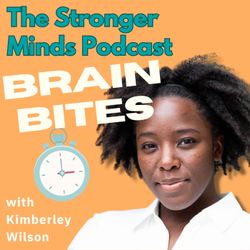
173. Brain Bite: Emotion Granularity
04:03|Researcher - Serena WilsonAssistant Producer - Serena Wilson___SubstackCorporate Speaking How to Build a Healthy Brain* Unprocessed: What Your Diet is Doing to Your Brain* Original music by Juan Iglesias *Affiliate links The information shared on this podcast is for educational and informational purposes only and is not a substitute for professional medical advice, diagnosis, or treatment. Always seek the advice of a qualified health provider with any questions you may have regarding a medical condition or treatment. Never disregard professional medical advice or delay in seeking it because of something you heard on this podcast. Reliance on any information provided here is solely at your own risk. Remember, your health is unique to you, so consult your healthcare provider for guidance tailored to your personal needs.
172. Grudges & Grievances - Part 2
20:01|Difficult Conversations___ SubstackCorporate Speaking How to Build a Healthy Brain* Unprocessed: What Your Diet is Doing to Your Brain* Original music by Juan Iglesias *Affiliate links The information shared on this podcast is for educational and informational purposes only and is not a substitute for professional medical advice, diagnosis, or treatment. Always seek the advice of a qualified health provider with any questions you may have regarding a medical condition or treatment. Never disregard professional medical advice or delay in seeking it because of something you heard on this podcast. Reliance on any information provided here is solely at your own risk. Remember, your health is unique to you, so consult your healthcare provider for guidance tailored to your personal needs.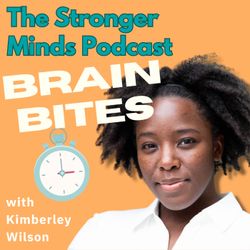
171: Brain Bite: How Food Texture Affects Ultra-Processed Eating
04:50|A report on a new study on how texture affects eating speed and total food intake.NotesEpisode 99 - The Science of SatietyPsychology of Food - WaitlistSource___SubstackCorporate SpeakingHow to Build a Healthy Brain*Unprocessed: What Your Diet is Doing to Your Brain*Original music by Juan Iglesias*Affiliate linksThe information shared on this podcast is for educational and informational purposes only and is not a substitute for professional medical advice, diagnosis, or treatment. Always seek the advice of a qualified health provider with any questions you may have regarding a medical condition or treatment. Never disregard professional medical advice or delay in seeking it because of something you heard on this podcast. Reliance on any information provided here is solely at your own risk. Remember, your health is unique to you, so consult your healthcare provider for guidance tailored to your personal needs.
170. Grudges & Grievances - Part One
17:21|Are you a grudge holder o do you find it relatively easy to forgive and forget? In this part one episode I'm getting to grips with grudges; what they are and what they help us to achieve and avoid.___SubstackCorporate Speaking How to Build a Healthy Brain* Unprocessed: What Your Diet is Doing to Your Brain* Original music by Juan Iglesias *Affiliate links The information shared on this podcast is for educational and informational purposes only and is not a substitute for professional medical advice, diagnosis, or treatment. Always seek the advice of a qualified health provider with any questions you may have regarding a medical condition or treatment. Never disregard professional medical advice or delay in seeking it because of something you heard on this podcast. Reliance on any information provided here is solely at your own risk. Remember, your health is unique to you, so consult your healthcare provider for guidance tailored to your personal needs.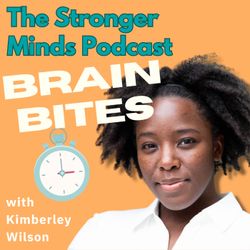
169. Brain Bites: The Sustaining Phantasy
03:59|Shining the spotlight on a special kind of daydream used as a source of comfort at times of high stress.Read the essay_____SubstackCorporate Speaking How to Build a Healthy Brain* Unprocessed: What Your Diet is Doing to Your Brain* Original music by Juan Iglesias *Affiliate links The information shared on this podcast is for educational and informational purposes only and is not a substitute for professional medical advice, diagnosis, or treatment. Always seek the advice of a qualified health provider with any questions you may have regarding a medical condition or treatment. Never disregard professional medical advice or delay in seeking it because of something you heard on this podcast. Reliance on any information provided here is solely at your own risk. Remember, your health is unique to you, so consult your healthcare provider for guidance tailored to your personal needs.